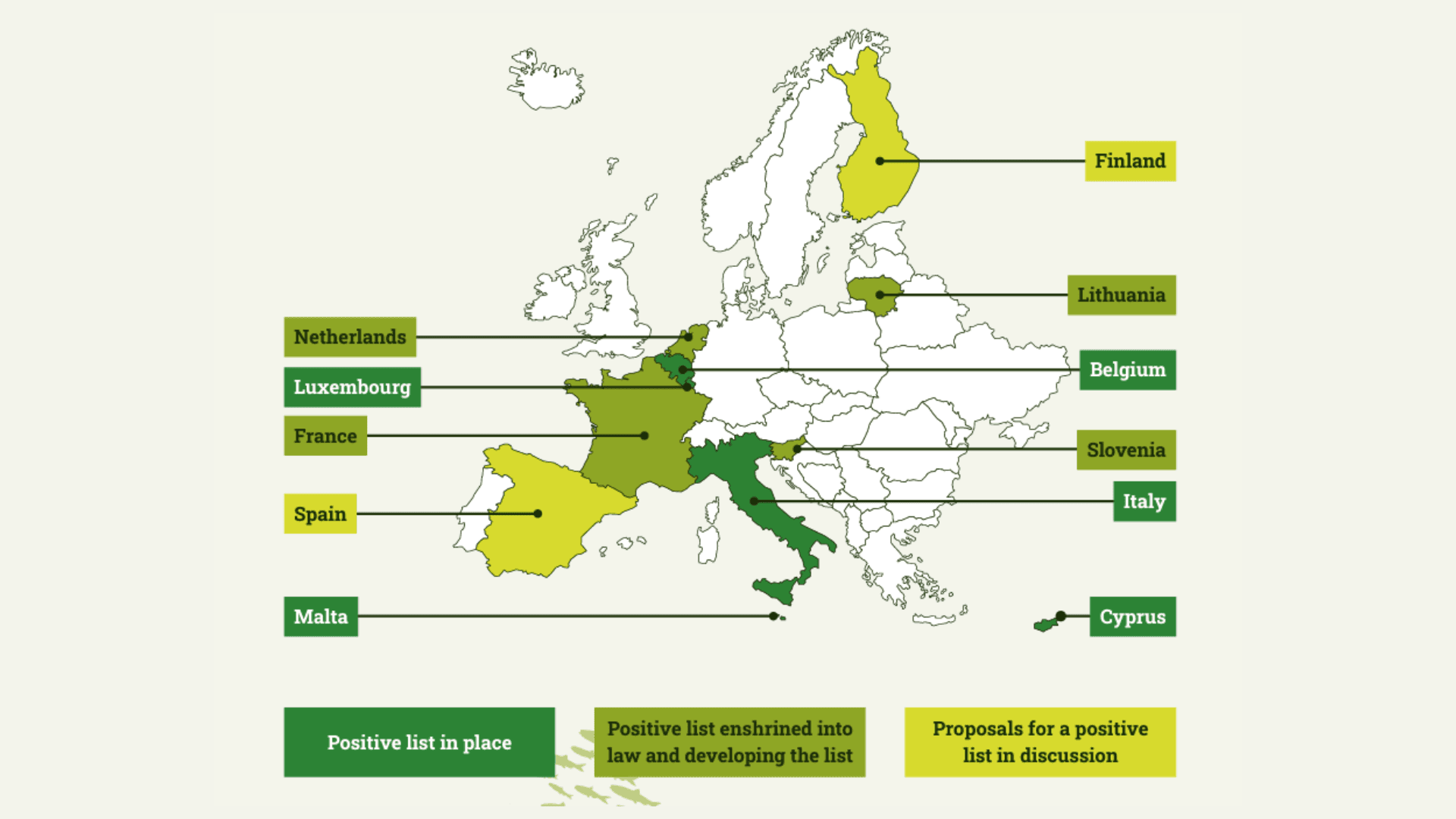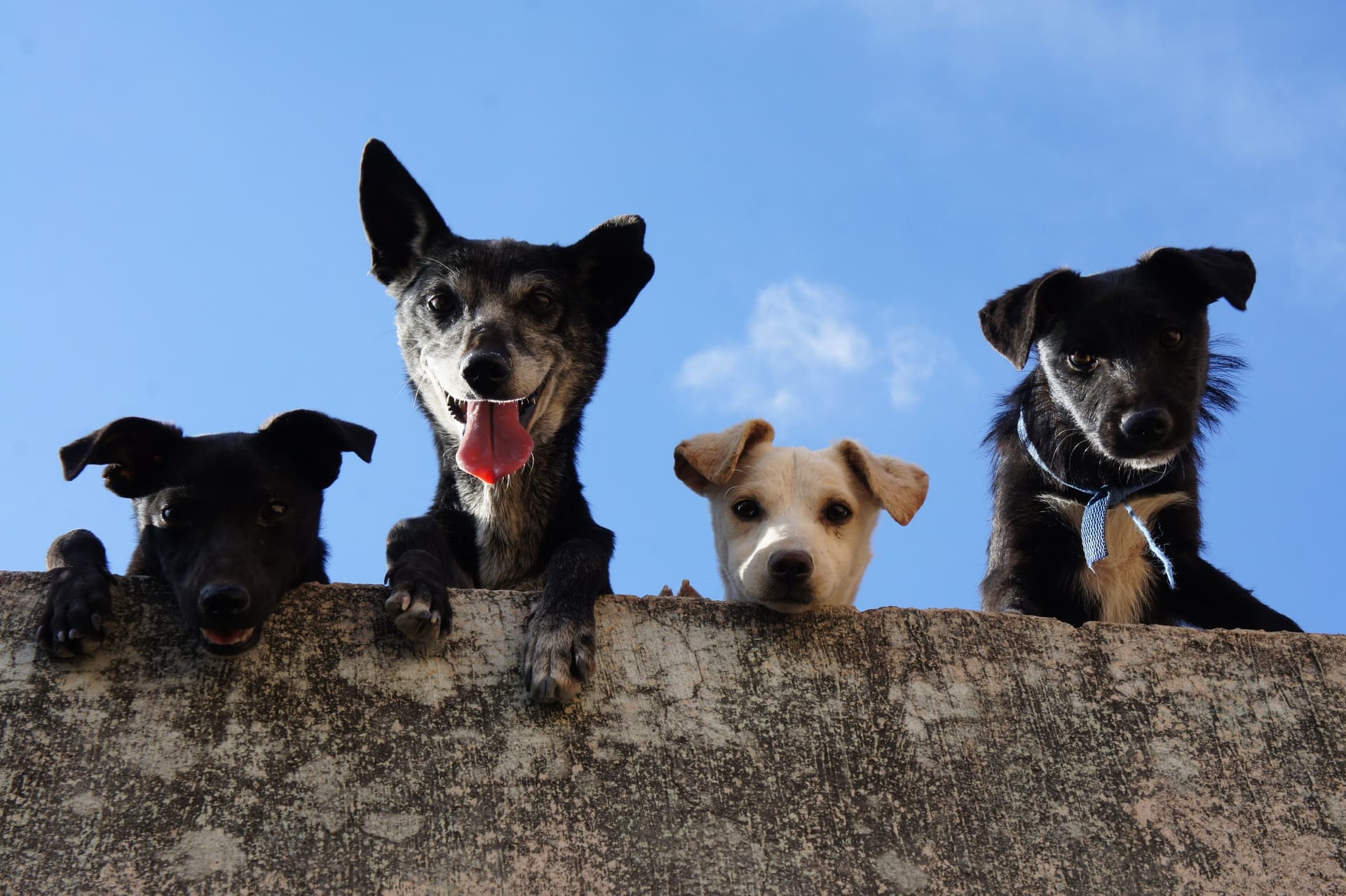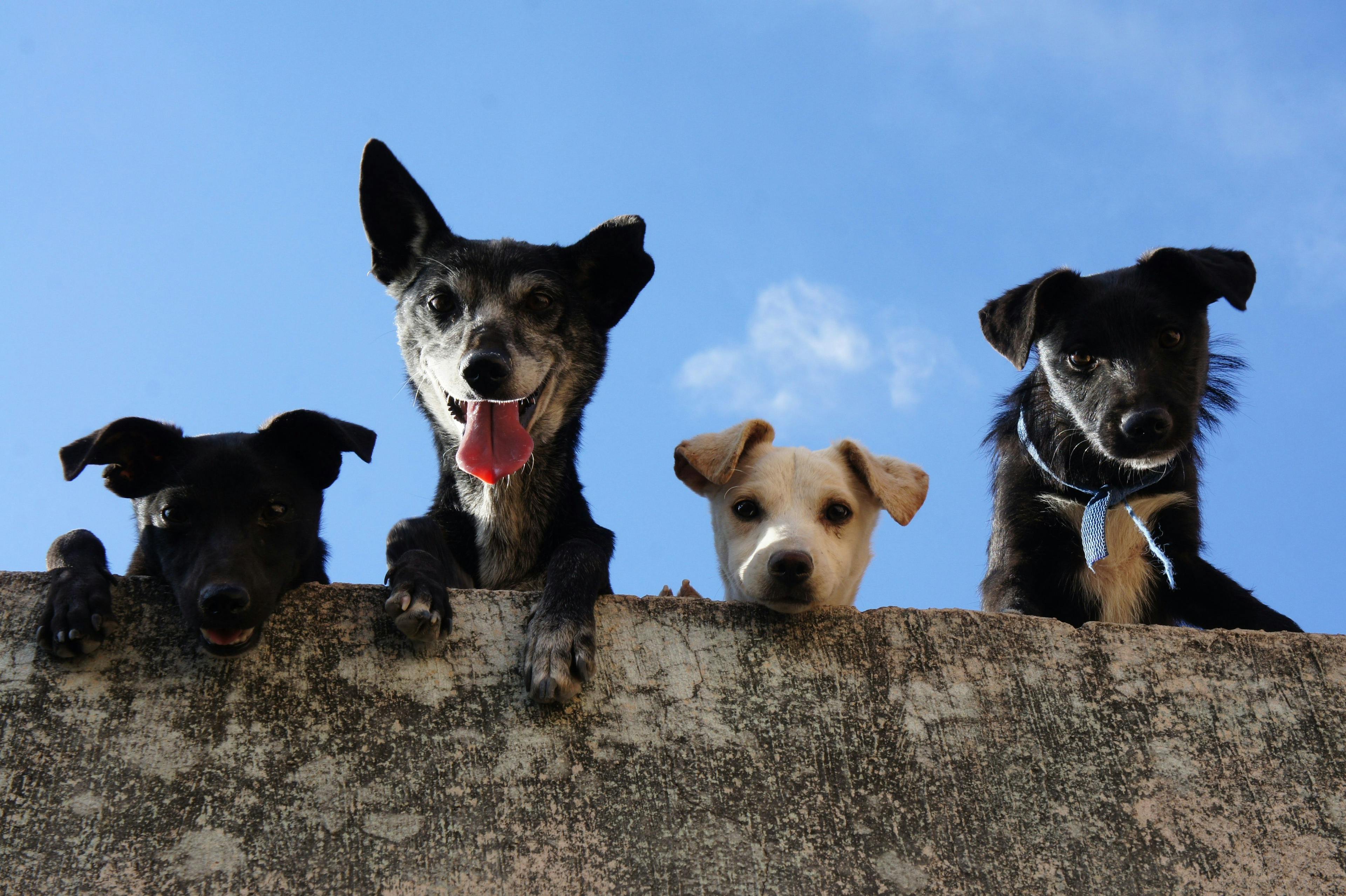Luxembourg, like the rest of Europe, strives to treat not only flora but also fauna with care and respect. Therefore, animals and their safety and comfort are taken into account here.
In May 2016, Fernand Etgen, Luxembourg's former Minister of Agriculture, introduced a new law aimed at "ensuring the dignity, protection of life, safety and welfare of animals. Since then, the legal framework has been further modernized.
Luxembourg also became the 15th EU Member State to ban the use of wild animals in circuses. The legislation includes a positive list of animals allowed to be used in circuses, exclusively domesticated animals.
How animals are protected by law
The Animal Welfare Act adopted in Luxembourg is based on the legal recognition of the dignity of pets, which should be respected by those who care for them. For any violation of the law, even a minor one, veterinary inspectors can issue citations and impose fines, just as in the case of a traffic violation.
Are you moving to Luxembourg or traveling across Europe with your pets? Read the instructions carefully, as non-compliant pets will not be allowed to accompany their owners into the country.
A positive list of pet animals
The EU recognizes the concept of a positive list, which is a list of animals that are allowed to be kept as human companions and pets.
Positive list in place
Work on positive list

The list includes various animals, different in sizes and their wildness, but mostly accommodates the following types of species:
- Domesticated mammals, from guinea pigs to horses,
- Fishes and marine life,
- Caged birds and poultry,
- Arthropods and bees, non-venomous,
- Molluscs, non-venomous,
- Amphibians, non-venomous,
- Non-venomous reptiles, with exceptions.
In Luxembourg, if someone wants to own or adopt an animal that is not on the list, he or she must obtain a special permit from the Ministry of Agriculture, ensuring compliance and good reasoning.
But the list of allowed species is not the only thing that can stop one from owning an animal in the Grand Duchy.
Normally, such a requirement is specified in the lease agreement. Do not forget to ask the landlord in advance if the matter can be discussed. What else do you need to know about rental agreements in Luxembourg?
Identification and registration
Both procedures — identification and registration — are mandatory for dogs. They must be microchipped, and this can be done by a professional veterinarian. For cats, registration is not mandatory, but they must be microchipped.
All the procedures are done within the first 4 months after birth or within 1 month after the animal is taken from a shelter or brought to the country.
Dogs
According to statistics from the canine service, there were approximately 82,550 dogs registered in 2022 in the country. You are obliged to register your dog in your local commune.
A special certificate for the pet can be made by any professional veterinary staff member. It is filled out in French after the animal has been examined and then brought to the municipality with the other documents for the animal.
If a dog has a new owner, he/she must report it to the city administration at the place of residence within a month. If you move, you will have to re-register the dog in your new commune, also within a month.
If one wants to adopt a dog whose breed is considered potentially dangerous, he/she should get prior approval. These breeds are considered dangerous:
- Staffordshire Bull Terriers,
- Mastiffs,
- American Staffordshire Terriers,
- Pit Bulls,
- Boerboels.
If your dog belongs to a breed considered as potentially dangerous, you must provide proof that you have followed a training course, a veterinary certificate that the animal has been castrated, and a certificate that the dog has successfully completed behavior training.
The Ministry of Agriculture issues documents for keeping or bringing in dogs of such breeds only upon providing a certificate of completion of special training courses run by an approved organization.
Cats
Similar to dogs, cats must be microchipped. In addition, they must be spayed or neutered.
This operation is carried out no earlier than six months after the birth of the animal. If you plan to go on vacation and leave your pet in the cattery, be ready to provide its medical record and the documents proving that the above-mentioned procedures have been carried out.
Pet taxes in Luxembourg
The tax is believed to be levied to ensure that dog owners take responsibility for their pets, to cover administrative costs associated with pet ownership, and possibly to fund public services related to animals, such as animal shelters or animal control.
Dog owners are required to pay an annual tax. The minimum amount is 10 euros per year, but this can vary depending on the municipality where you live.
Guide dogs for blind and handicapped people, police dogs, army dogs, customs dogs and rescue dogs are exempt from taxation.
How much is the dog tax in Luxembourg? In fact, each commune can set its own taxes, and the 10 euro mark is crossed in almost every commune.
- Sanem and Manternach: 12 euros per year
- Bech, Bourscheid, Saeul, Troisvierges: 15 euros per year
- Echternach: 60 euros per year
- Luxembourg City: 40 euros per year
- Variable taxes in Bech: 1st dog is 15 euros per year, 2nd dog is 30 euros, and more — 90 euros each.
In some, it is more expensive to be a dog owner, in some it is cheaper. In most communes, the tax is 50 euros per year.
Vaccination
Pets must also be vaccinated against rabies. Veterinarians vaccinate animals at least once every two years and issue a certificate describing the animal. Although it is not mandatory, it is recommended to vaccinate:
Dogs
Cats
Cats and dogs must have a European pet passport. If you adopt a pet from a charity or shelter, you will get this document with the list of vaccinations your pet has received. You will need a pet passport when visiting a veterinarian.

Care for the comfort of pets
This implies the ability to buy high-quality feed and accessories, have emergency veterinary care and move freely in transport.
Fressnapf company sells animal feed and accessories for pets. You can find its products in local shopping malls. Also, you can try Fraps and visit their store in Colmar Berg or order online for delivery.
Pet supplies are delivered to Luxembourg by Zooplus.de, too.
Boutique J Christnach-Jungblut is a family business based in Beggen that sells everything pets may need, as well as the clothing of such brands as Barbour, Fjäll and Räven.
To buy used pet accessories, for example, pet carriers or clothes for dogs, you can interact with a special group on Facebook.
A list of veterinarians on duty is posted on the website of the College veterinaire of the Grand Duchy. In case of a sudden emergency, you can call 112, and they will guide you to the right service for animals.
Pets may travel by train free of charge, but large dogs must wear a muzzle. Also, when traveling by international train, you must buy a ticket for your pets.
Dogs may travel by bus but only with full-fare tickets, regardless of their size.
In Luxembourg City, there are special dog-friendly grassy areas. Dog owners are reminded to clean up after their pets, and in parks, there are free distribution points with dog waste bags.
In Luxembourg, there are no laws requiring dog owners to clean up after their pets. However, there are local regulations according to which people must pick up their dog’s poop in public areas and on sidewalks in residential areas.
Dogs must always be kept on a leash in inhabited localities, public parking lots, on sports grounds and playgrounds and on public transport.
- Every month, Luxembourg Meet-up organizes short dog walks.
- If you need advice, support, or information or just want to share some news about your pet, you can join the group of pet owners in Luxembourg. There you can also get some advice on what to do if you lose your dog or cat.
- Also, on Who is your doggie Luxembourg, you can meet like-minded dog lovers.
In Luxembourg, there are several shelters where you can apply to adopt a pet. All you will need is a document proving your identity and address. Also, you will likely have to pay for microchipping, sterilization and vaccinations of the chosen animal.
- SOS Animaux asbl, 58 Rue de l’Avenir, Luxembourg.
- Deierenasyl, 6 Boulevard de Kockelscheuer, Luxembourg.
- Asile Dudelange Shelter, 45 Rue de la Forêt, Dudelange.
- SEPA, 121 Rue Bourgrund, Esch-sur-Alzette.
If you are looking for a cat or dog of a specific breed, you can find more information about purebred cats at the Lux-Cat Club or find a breeder in the list of Luxembourg dog breeders.
Frequently Asked Questions (FAQ)
How much is the pet tax in Luxembourg
Where to call animal emergency services in Luxembourg
Can you have crocodile as a pet
Source: deiereschutzgesetz.lu, gouvernement.lu, today.rtl.lu, ma.gouvernement.lu, www.eurogroupforanimals.org
We took photos from these sources: Dogs on the wall, pets, puppies picture Screenshot from the proposal at europegroupforanimals.org, Photo by Edgar Daniel Hernández Cervantes for Pexels
